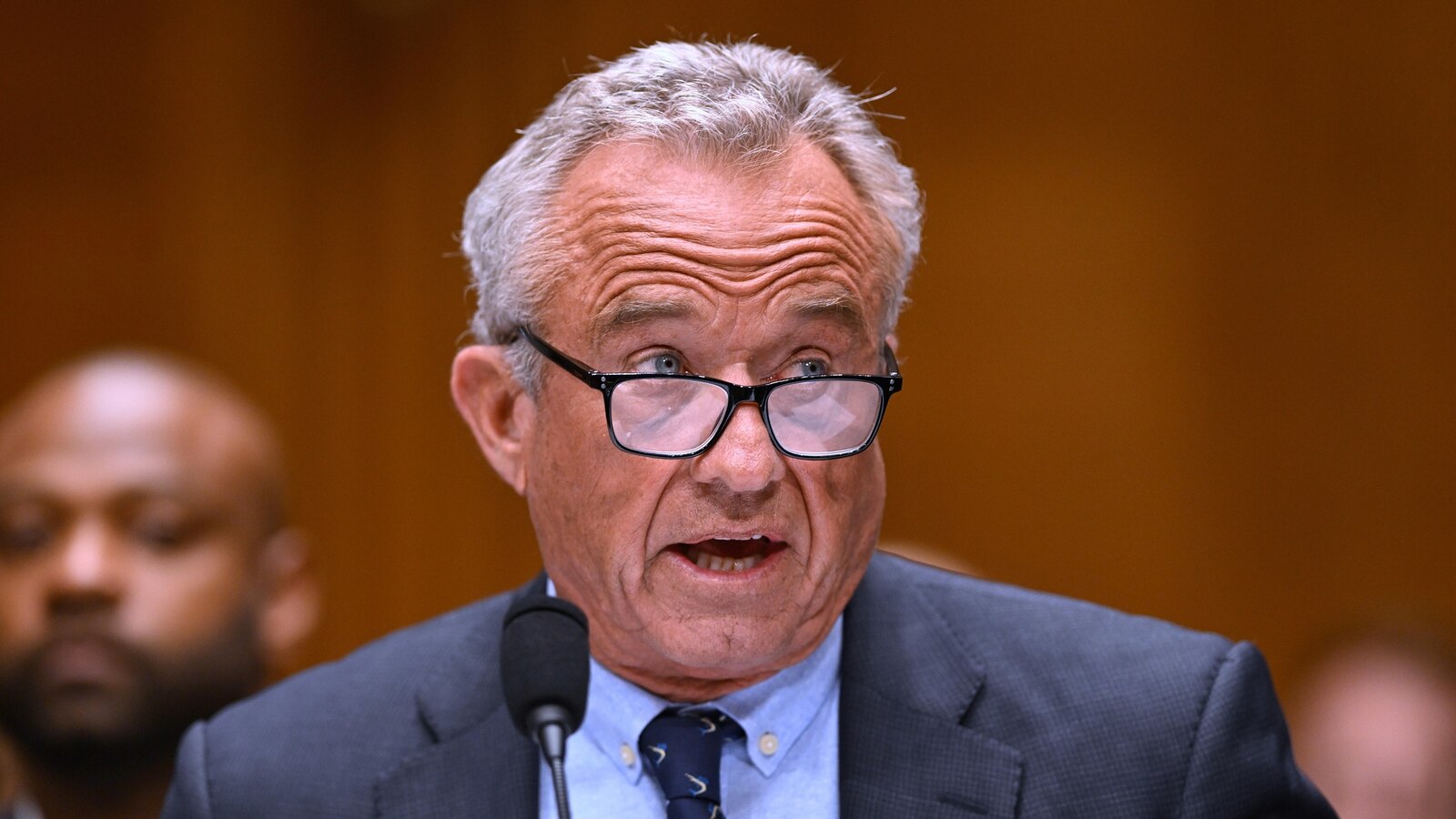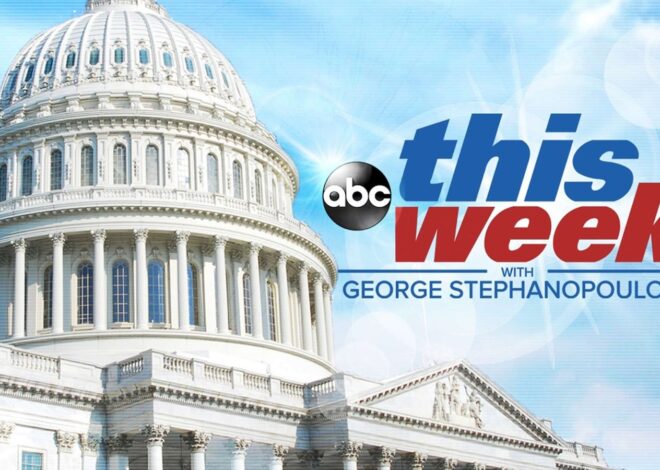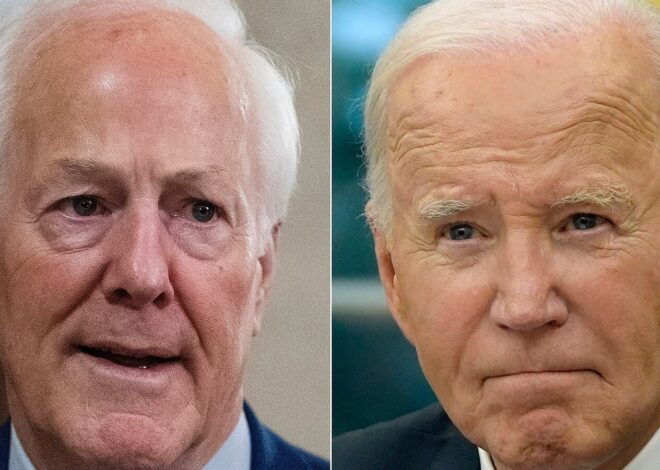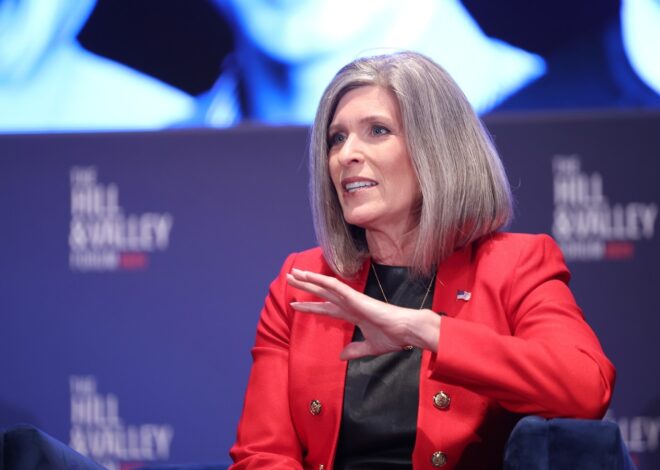
White House Unveils Report on Chronic Disease Headed by RFK Jr.
Health Crisis in America: A Bold Call to Action
Maybe it’s a quiet moment that breaks through the noise, when the usual headlines start to shift and catch the corner of your eye. Such was the morning when the White House’s Make America Healthy Again Commission released its latest report, throwing a spotlight on America’s chronic health issues. It speaks of chronic illnesses blamed on ultra-processed foods, sedentary lifestyles, and chemicals – even suggesting a closer look at childhood vaccines.
Robert F. Kennedy Jr., leading the commission, didn’t hold back. He described the report as the “most radical consensus by a government agency” – not something you hear every day, right? It’s urgent, he insists. A real clarion call to tackle the health crisis. But then, there it is… the question marks. No clear budget yet, no concrete steps lined up, only promises of policy recommendations in the coming months. It’s as if there’s a map but no one knows how to start the journey.
A notable aspect is the attention on processed foods and pesticides. Calley Means, Kennedy’s adviser, points to the government finally acknowledging these issues, a “monumental symbol,” he said. Even if there’s industry resistance – and there’s always resistance – the message seems to be gaining ground. But how do you balance the need for change with the realities facing farmers? Secretary of Agriculture Brooke Rollins and EPA Administrator Lee Zeldin seem to tread carefully, reassuring that America’s food supply is safe while promising that any pesticide regulations will weigh heavily on farmer impacts.
And yet, even with these assurances, Kennedy paints a picture of American children as “the sickest kids in the world.” A heavy claim. There’s a call to study vaccines further, despite solid studies showing their safety. Parents’ concerns about “appropriate use” and the possible role of vaccines in chronic diseases are part of the discourse now. It feels like a strange mix of caution and urgency – where do we draw the line?
The conversation, it seems, won’t wrap up neatly. Kennedy talks of saving money in the long run by addressing these health issues now, but what does “long run” mean when action feels… imminent? The report lays groundwork, but maybe the real challenge is just beginning.
And so the story is still spinning, like a thread just starting to weave into the wider fabric. It’s all very bold – maybe too bold for some – yet full of those open-ended questions that hang in the air. You can sense that this is just the start, a whisper of more to come, as policy recommendations shape up over the next hundred days. Until then, the conversation rolls on, touching on everything from the safety of our food to the very health of our children.
So, as America stands at this crossroads, maybe the question is – are we ready to take this journey? Or are we still finding our feet in the quiet before the real shift begins? The full report can be found on BBC if you’re keen to delve deeper into these layers.



